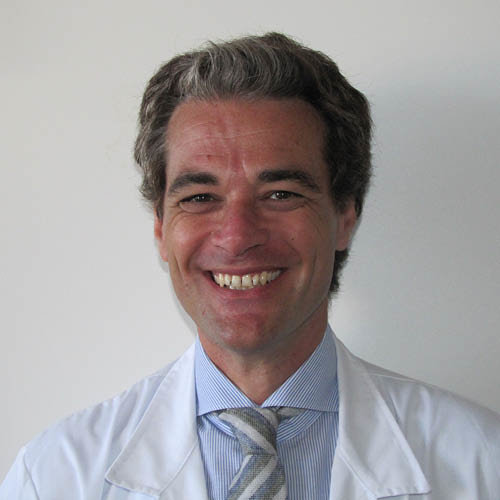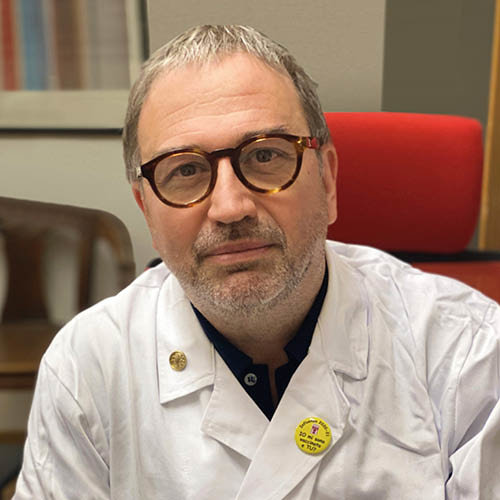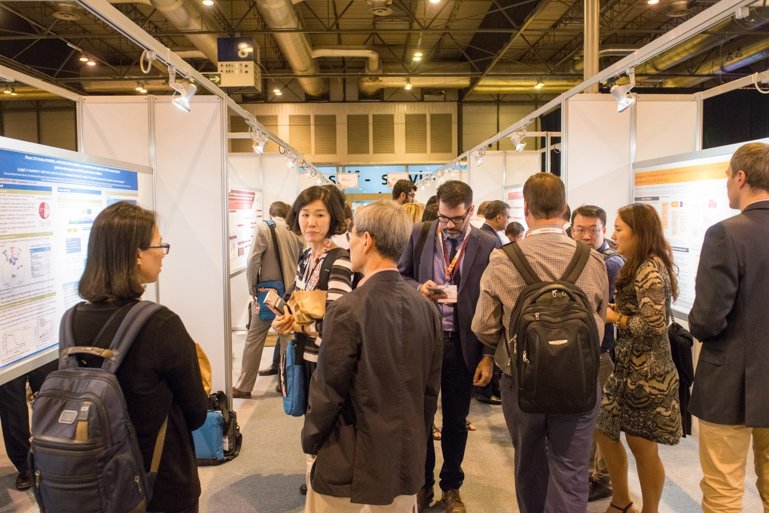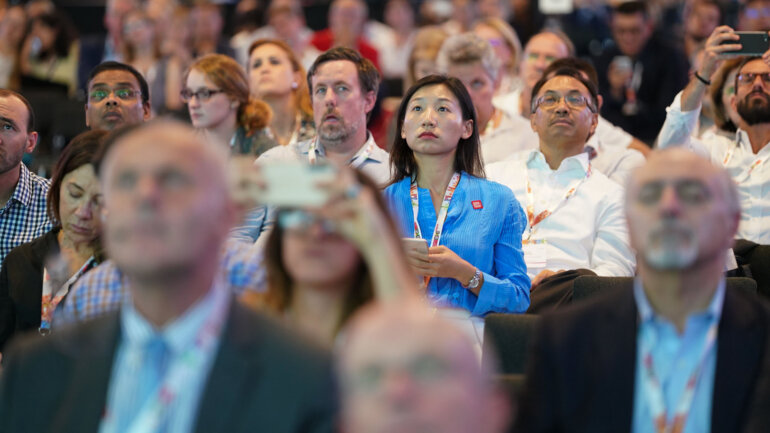ESMO Sarcoma&GIST Virtual Symposium 2022

Do the pros of neoadjuvant chemotherapy in sarcoma outweigh the cons?
Neoadjuvant chemotherapy is on course to become standard treatment for selected high-risk soft tissue sarcomas but effects in low-risk disease are unclear

Progress is being made in treating sarcomas in adolescents and young people
Despite age-specific difficulties, increased understanding of sarcoma biology is leading the way to the development of new treatment strategies

Incorporating proteomics into sarcoma research: where do we stand?
Proteomic research on sarcomas is only in its infancy, but it offers potential in terms of improved biological understanding, identification of new treatment targets and generating biomarkers for patient selection and prognosis prediction

What level of evidence do we need for drug approval in rare cancers?
Achieving clarity in levels of clinical evidence required by regulatory bodies is still a major obstacle to expediting research in the field, says Prof. Paolo G. Casali from the Fondazione IRCCS Istituto Nazionale dei Tumori, Milan, and the University of Milan, Italy

Molecular management of metastatic GIST – challenges and opportunities
Thanks to remarkable advances, molecular analysis has taken central stage in the management of GIST, but there is still a need for less costly testing and further development of mitigation strategies to overcome resistance

What is on the horizon for the management of osteosarcoma?
2021 ESMO–EURACAN–GENTURIS–ERN PaedCan Clinical Practice Guidelines open the door to genetic testing but the search for new treatments continues

Single-agent doxorubicin – is it still the standard first-line therapy for all soft tissue sarcoma subtypes?
In practice, doxorubicin alone is often not used as the first-line standard of care for soft tissue sarcomas; however, a lack of high-quality survival data precludes other regimens becoming the gold standard

Is there a future for immunotherapy in sarcoma?
Continued efforts in patient selection, combination strategies and novel approaches may help to turn the tide for immunotherapeutics in sarcoma, according to Prof. Jean-Yves Blay


